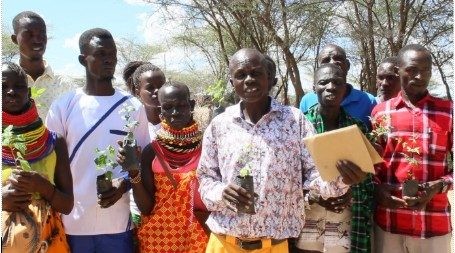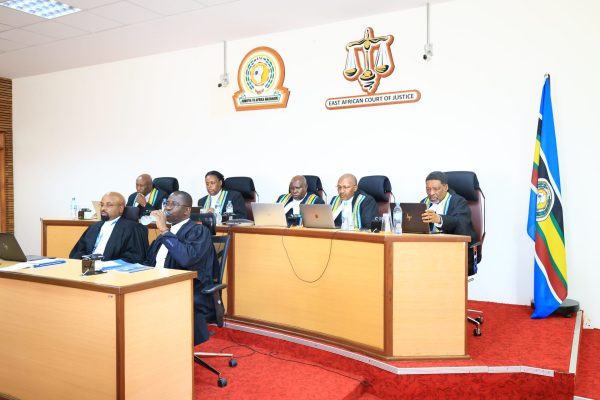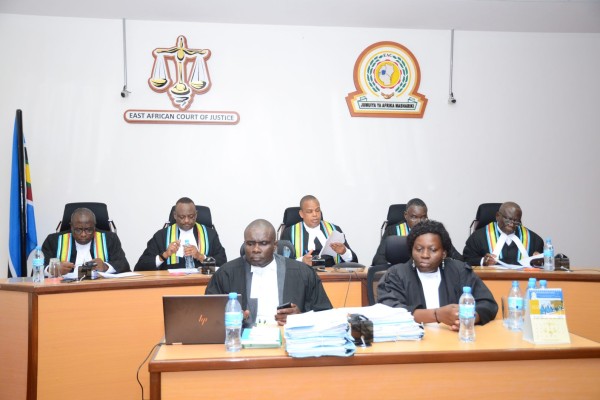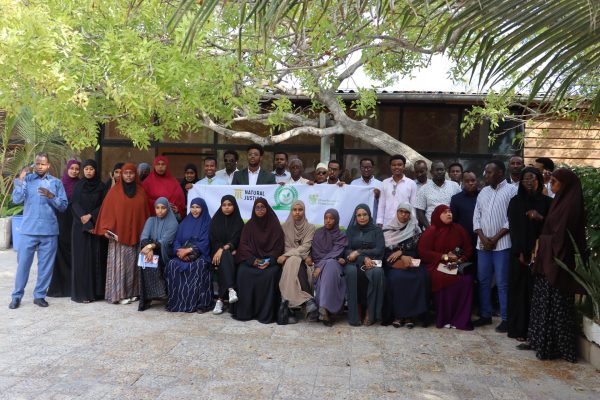The Climate Change (Amendment) Bill, 2023 has been proposed in Kenya to incorporate carbon markets and participation in them as a way to enhance response to climate change.
The amendment provides for the development, management, implementation and regulation of mechanisms to enhance climate change resilience and low carbon development for the sustainable development of Kenya. It also provides guidance in the development and implementation of carbon markets and non-market approaches in compliance with international obligations, and policy direction on carbon markets to the national and county governments, the public and other stakeholders. Benefit-sharing mechanisms in carbon markets are also included in the amendment.
The experience to date shows that, if well designed, carbon markets can be an effective, credible and transparent tool for helping to achieve low-cost emissions reductions in ways that mobilize private sector actors, attract investment, and encourage international cooperation. A price on carbon makes clean energy more profitable, allows energy efficiency to earn a greater return, makes low-carbon products more competitive, and values the carbon stored in forests.
Despite the above-mentioned views, there has been mixed reactions regarding the real effect of carbon markets with some scholars arguing that these international carbon markets will be used by developed countries who have reached their carbon budgets, to buy carbon credits from developing countries (like Kenya) to burn more fossil fuels. This will result in more emissions and the effects of climate change being felt more severely by the global south (including Africa).
To that end, it is important for the government to consider the above to ensure that the markets achieve their intended purpose. This can only be done if robust legislation is enacted that considers, among other things, environmental integrity.
Issues that need to be considered
Some of the issues brought out include the removal of the requirement for nomination for the Civil Society representative in the National Climate Change Council, the removal of the requirement for the representative of the marginalized community to be within the meaning of Article 260 of the Constitution and to have knowledge and experience in matters relating to indigenous knowledge, and the level of involvement of local communities in the formulation and implementation of the community development agreements.
The memorandum and objects of the Bill provide that the reason for the removal of the requirements for appointment of members of the National Climate Change Council is to ensure better operations. This is not reason enough for the provision to contravene provisions of the Constitution of Kenya 2010. Article 10 of the Constitution of Kenya 2010 provides for the principles of: inclusivity, non-discrimination, protection of the marginalised, transparency, as well as accountability. Additionally, Article 27 of the Constitution of Kenya 2010 makes provision on equal treatment and affirmative action on representation of minorities and marginalised groups participation in governance and other spheres of life. Additionally, indigenous knowledge is paramount in adaptation measures to climate change and therefore the removal of the requirement for the community representative to possess indigenous knowledge is not advised.
Inclusion of public participation
Article 10 of the Constitution of Kenya 2010 states that one of the national values and principles is democracy and participation of the people and inclusiveness. It is therefore important that the Bill incorporates public participation components to ensure that there is effective public participation. Clause 12 of the Bill seeks to delete the Schedule to the Act as section 24 already provides for making regulations on public participation.
Although Article 24 of the Climate Change Act 2016 provides for Public Participation, it does not provide the design and procedure to ensure efficacy of public consultations to ensure that they make an impact on the threshold of decision making on climate change at all levels of government. Further, although Section 24(3) provides for the development of Regulations, the requirement is not given a time frame within which the Regulations should be affected.
Roles of government
The Bill also fails to provide clear cut roles for the National and County government. The failure by the Bill to distinguish the respective roles of the National government and the County government in this context may result in ambiguity. This may result in confusion and overall overlap of functions among the two levels of government. It would also make it difficult for communities to determine the specific level of government to hold accountable. The Bill, as it stands, fails to clearly outline the role of the communities in the development and enforcement of the community development agreements.
Forestry’s role in carbon
The Bill refers to “afforestation, reforestation, and nature-based solutions” as a basis for earning removal or sequestration credits, suggesting that the forestry sector will be covered under the emissions trading system, not simply left as a potential source of offsets. If this is the case, implementing regulations must ensure that market participants from the forestry sector properly monitor emissions over the lifetime of the forest. Additionally, to maximize the benefits derived from the mechanism and reduce administrative burdens, the Council must provide guidance on how to determine what sectors and emissions sources should participate in the carbon market.
Natural Justice strongly urges the Ministry to refrain from implementing any carbon market mechanism in Kenya until all the Regulations required under the Act such as those pursuant to Section 24(3) and proposed sections 23H, and as are necessary to ensure a transparent and robustly regulated carbon market, have been adopted through a public participation process. The design and introduction of an ETS will invariably take place in a context in which there are an array of other climate and energy policies, as well as other public policies that will either support or run counter to mitigation objectives.







